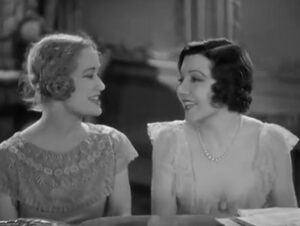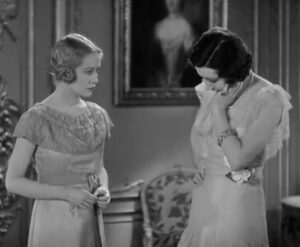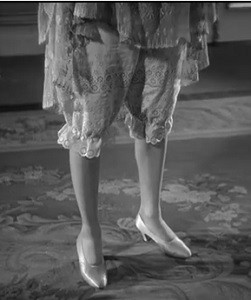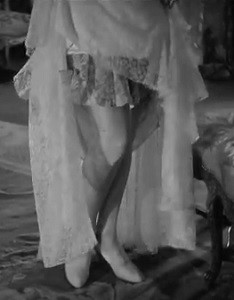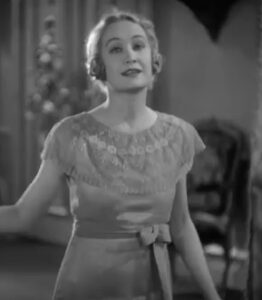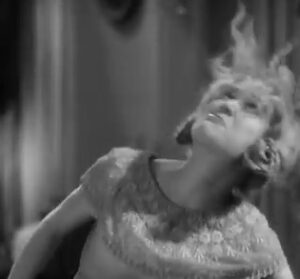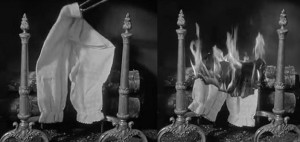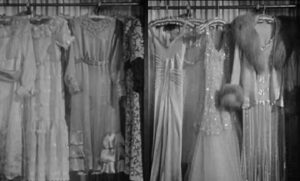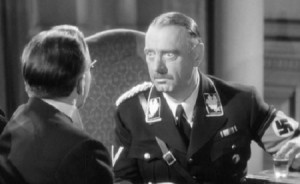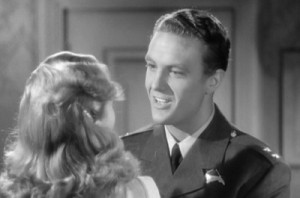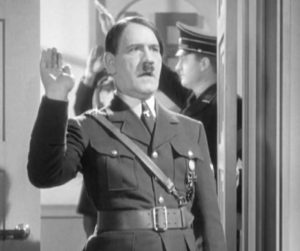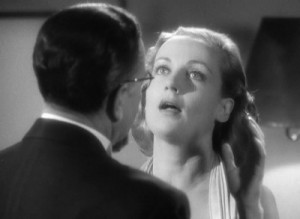Lubitsch, My Expectations Were Too High!
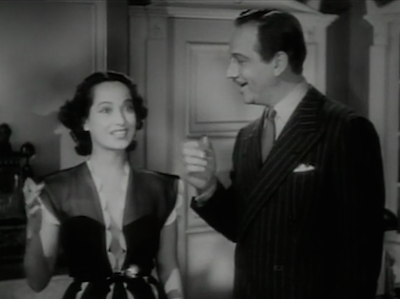
Here’s a question: Can we blame a brilliant director for films that don’t match his usual brilliance? If a film has a little of his luster, enough to make it stand out from the rest, but not enough to make us clamor for repeat viewings, is it fair to claim, “That sucked?”
I just watched That Uncertain Feeling (1941), a comedy directed by Ernst Lubitsch, that master of the comedy of manners. At first, I was wooed: Some expected cleverness in the dialogue. A starring role for Burgess Meredith, whom I will always love for being Mickey from the Rocky franchise.
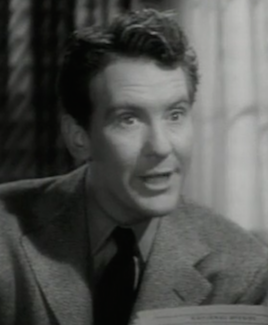
And Melvyn Douglas as the wronged husband, who brings a lighthearted energy and humor to his roles, making me like him even when I don’t enjoy his pictures.
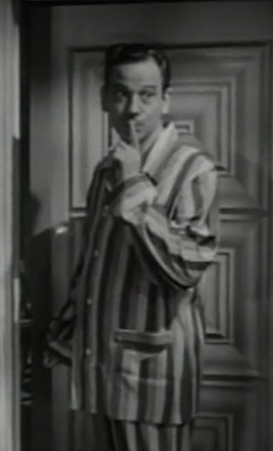
Of course, casting Merle Oberon as the lead was a baffling choice. A cardboard cutout would make more comedic impact. But flat as her acting is, Oberon is equipped to play upper-crust types, and somehow reminded me of Tahani (Jameela Jamil) in The Good Place: her refinement verges on parody, but never quite achieves it (unlike the consistently amusing Jamil). I found myself ignoring her performance and just enjoying her strange clothes:
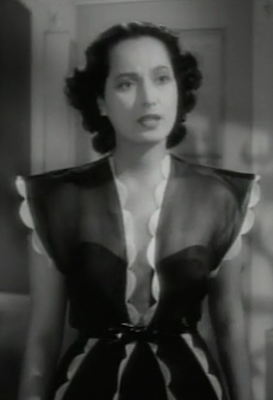
Burgess is funny as pretentious musician Alexander Sebastian, who lures bored housewife Jill Baker (Oberon) away from husband Larry (Douglas) by explaining modern art to her and otherwise displaying his supposed sophistication.
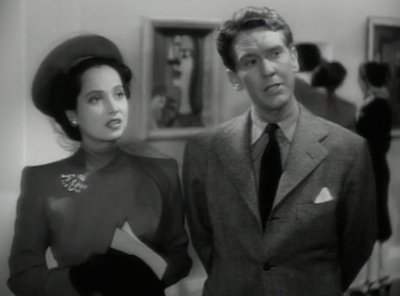
In my favorite move, Sebastian snatches an absurd amount of photos of himself from Jill’s home after she sways back to Larry; Burgess’s spoiled boy huffing as he does so is a thing of beauty. And Douglas employs Lubitsch’s air of the wised-up husband so well that you wish he were in a better film.
The true crime in the movie is the deployment of Eve Arden. How, Lubitsch, do you give Eve Arden NO WISECRACKS? Even in Grease, the woman is a riot, that expert sidekick with snark embedded in her DNA. Mildred Pierce and Stage Door fans, share my dismay. I found this film by seeking Arden vehicles, saw “Lubitsch,” imagined the director known for wit and actress expert at expressing it together, and found that…Oberon is given the good lines instead, with Arden left to rely on silly expressions:
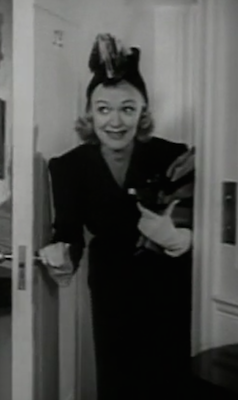
Does that mean the film is bad? No. Lubitsch is Lubitsch, and frequently, we find the witty lines we’ve come to expect in his movies:
Jill, speaking of Sebastian: “He’s an individualist!”
Larry: “Is he that rich?”
And of course, we find that trademark cynical attitude toward marital fidelity that always makes me think of French films without the despondency. Larry resents his wife’s attachment to another man, but he isn’t brought low by it. Instead, he plays her, and often shows glee in doing so. He’s going to win her back, and he knows it. Whether through generosity (in giving her everything), or jealousy (in cozying up to Eve Arden’s Sally), or in nonchalance about the whole divorce process, he feeds on his knowledge of her. We know that all will turn out with the Bakers happy together in the end, even if the wife doesn’t have enough charm for us to understand all the fuss about her.
There’s also a funny framing device: the disloyalty began with Jill visiting a psychiatrist about nervous hiccups, which he manages to blame on a poor marriage. The meeting of the lovers occurs in the waiting room. This send-up of therapy is an amusing move, though I wish in the story we’d seen Sebastian’s sessions too, as hearing him drone on about the philistines around him with his expert sneer would have been so much fun.
I haven’t seen the original version of this film, Kiss Me Again, and suspect it’s better. If you have lower expectations, maybe you can get past Oberon and Arden, enjoy Burgess’s spot-on performance enough and the lines enough to forget the rest. I just wish I could.

